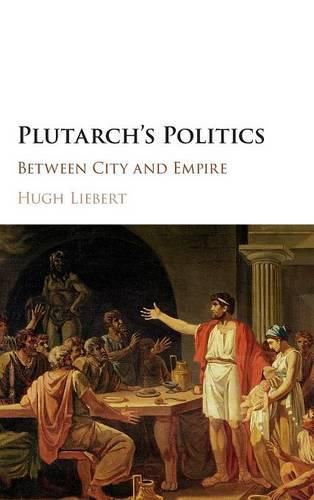Readings Newsletter
Become a Readings Member to make your shopping experience even easier.
Sign in or sign up for free!
You’re not far away from qualifying for FREE standard shipping within Australia
You’ve qualified for FREE standard shipping within Australia
The cart is loading…






Plutarch’s Lives were once treasured. Today they are studied by classicists, known vaguely, if at all, by the educated public, and are virtually unknown to students of ancient political thought. The central claim of this book is that Plutarch shows how the political form of the city can satisfy an individual’s desire for honor, even under the horizon of empire. Plutarch’s argument turns on the difference between Sparta and Rome. Both cities stimulated their citizens’ desire for honor, but Sparta remained a city by linking honor to what could be seen first-hand, whereas Rome became an empire by liberating honor from the shackles of the visible. Even under the rule of a distant power, however, allegiances and political actions tied to the visible world of the city remained. By resurrecting statesmen who thrived in autonomous cities, Plutarch hoped to rekindle some sense of the city’s enduring appeal.
$9.00 standard shipping within Australia
FREE standard shipping within Australia for orders over $100.00
Express & International shipping calculated at checkout
Plutarch’s Lives were once treasured. Today they are studied by classicists, known vaguely, if at all, by the educated public, and are virtually unknown to students of ancient political thought. The central claim of this book is that Plutarch shows how the political form of the city can satisfy an individual’s desire for honor, even under the horizon of empire. Plutarch’s argument turns on the difference between Sparta and Rome. Both cities stimulated their citizens’ desire for honor, but Sparta remained a city by linking honor to what could be seen first-hand, whereas Rome became an empire by liberating honor from the shackles of the visible. Even under the rule of a distant power, however, allegiances and political actions tied to the visible world of the city remained. By resurrecting statesmen who thrived in autonomous cities, Plutarch hoped to rekindle some sense of the city’s enduring appeal.